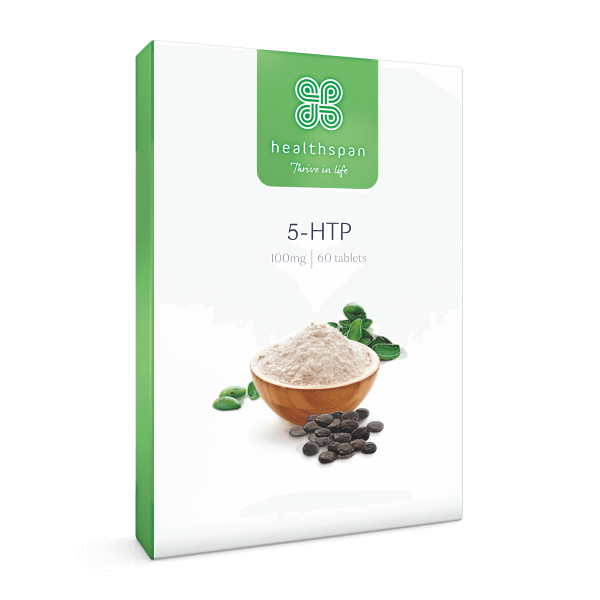As the fight to combat the stigma associated with mental health problems continues, Dr Megan Arroll shines the spotlight on anxiety and depression, and looks at what we can do to help combat symptoms.
Mental health is never far from the headlines these days, with attention from the government, charities and patients in the forefront. Indeed, in January 2017, former PM Theresa May pledged to tackle the stigma associated with mental health problems such as depression and anxiety. Even the royal family have joined the fight with their support for Heads Together, a campaign to bring together mental health charities in a national effort to de-stigmatise mental health.
I was lucky enough to attend the Guild of Health Writer's Anxiety Epidemic event, where the Duke of Cambridge spoke movingly about the need to normalise mental health and to give it the same attention as physical problems, such as obesity and type 2 diabetes. With the Duchess of Cambridge at his side he explained that mental health problems can affect us all - regardless of age or gender - and, despite the taboo associated with them, are not a sign of weakness or failure. With studies showing that our mental wellbeing can have as much of an effect on our health as physical problems, now is the time to speak out.
The Duke said that until now: 'Mental health was the great taboo. If you were anxious, it's because you were weak. If you couldn't cope with whatever life threw at you, it's because you were failing. Successful, strong people don't suffer like that, do they? But of course - we all do. It's just that few of us speak about it.'
Each year, a quarter of all people in the UK will encounter a mental health issue, with a mix of anxiety and depression the most common problem. Although estimates suggest more women than men suffer (Government surveys involving older adults found 22 per cent of men and 28 per cent of women have depression), this could be put down to the fact that women tend to seek help more frequently - anxiety and depression do not discriminate between the sexes. And even if you have never experienced a problem yourself, chances are that someone close to you has.
Feeling blue or depressed?
But how can you tell if you're just 'having a bad day', or experiencing something more serious? It can be difficult to recognise if 'feeling blue' is simply down to a low mood, or if that black cloud is starting to resemble something more sinister. While having a 'down day' is nothing to worry about, if you feel sad, empty or hopeless most days of the week it may be time to seek advice. Other signs to look out for are: weight loss (not associated with any other health condition or a change in habits); difficulty sleeping and/or feeling tired all the time; not being able to concentrate; no longer enjoying activities, social interaction and hobbies.
Worried or anxious?
It's normal to experience little bouts of worry, but if these concerns start to overshadow day-to-day life, they may be a sign of an anxiety disorder. Like depression, anxiety can be hard to 'see', and the line between worry and angst is often blurred. Symptoms to be aware of include: feeling 'on edge' and restless most or all the time; a deep and constant sense of dread; being irritable when previously you felt calm; difficulty concentrating and lack of restful sleep.
Coping tactics
Talking to someone you trust, for example a friend, partner or colleague, what you're experiencing can make all the difference to how you're feeling. For a natural mood boost, regular exercise has consistently been shown to help with mental health problems, while group exercise, or finding a buddy to accompany you on activities such as walking, have even greater benefits thanks to the social interaction they provide.
You may also benefit from a herbal helper. Some traditional herbal medicines, such as St John's wort, are well-known for their positive effects on low mood, although consult your GP before taking, as it can interact with some medications. Research has also shown that 5-HTP supplements have a positive effect on low mood, and are better than placebo at alleviating depression. If insomnia has become chronic, valerian is widely considered to help restore good sleep.
Don't be afraid to speak up if you need more support. Though the thought may be intimidating, do book an appointment with your GP to discuss your symptoms and decide the best course of action. Nowadays this doesn't necessarily mean taking anti-depressants as talking therapies like cognitive behavioural therapy (CBT) are considered a good alternative and are becoming more widely available.
As the Duke highlighted in his speech: 'At the moment, on average it takes a sufferer ten years to admit to a problem. This means that what often starts as a fairly minor issue becomes something serious and medical after time… silence can kill, but talking can lead to help and support.'
Help Yourself
Sleep well
Aim for between 7 and 9 hours a night. Lack of sleep can quickly magnify a problem out of all proportion.
Relax and breathe
Deep breathing and relaxation exercises are good for both physical and mental health. Breathe In for a count of 3, making sure our belly rises, and then out for a count of 3. Activities such as yoga or Pilates can also help us to breathe deeply.
Eat healthily
Follow a well-balanced diet with vegetables and fruit as the core of each meal. Cut back on salt, sugar and stimulants such as caffeine and alcohol.
Join a group
Self-help or support groups often involve face-to-face meetings where you can talk about your difficulties and problems with like-minded people. Ask your GP about local groups in your area.
Alternatively, online forums, such as Mind's Side by Side website, can be helpful.
Want to know more? Visit www.mind.org.uk or www.headstogether.org.uk.

5-HTP 100mg
Converted in the body into serotonin
- Pure, vegan and botanical-source of 5-HTP
- Vitamins C, B3, B6, biotin and folic acid support nervous and psychological functions
- With added zinc for cognitive support







